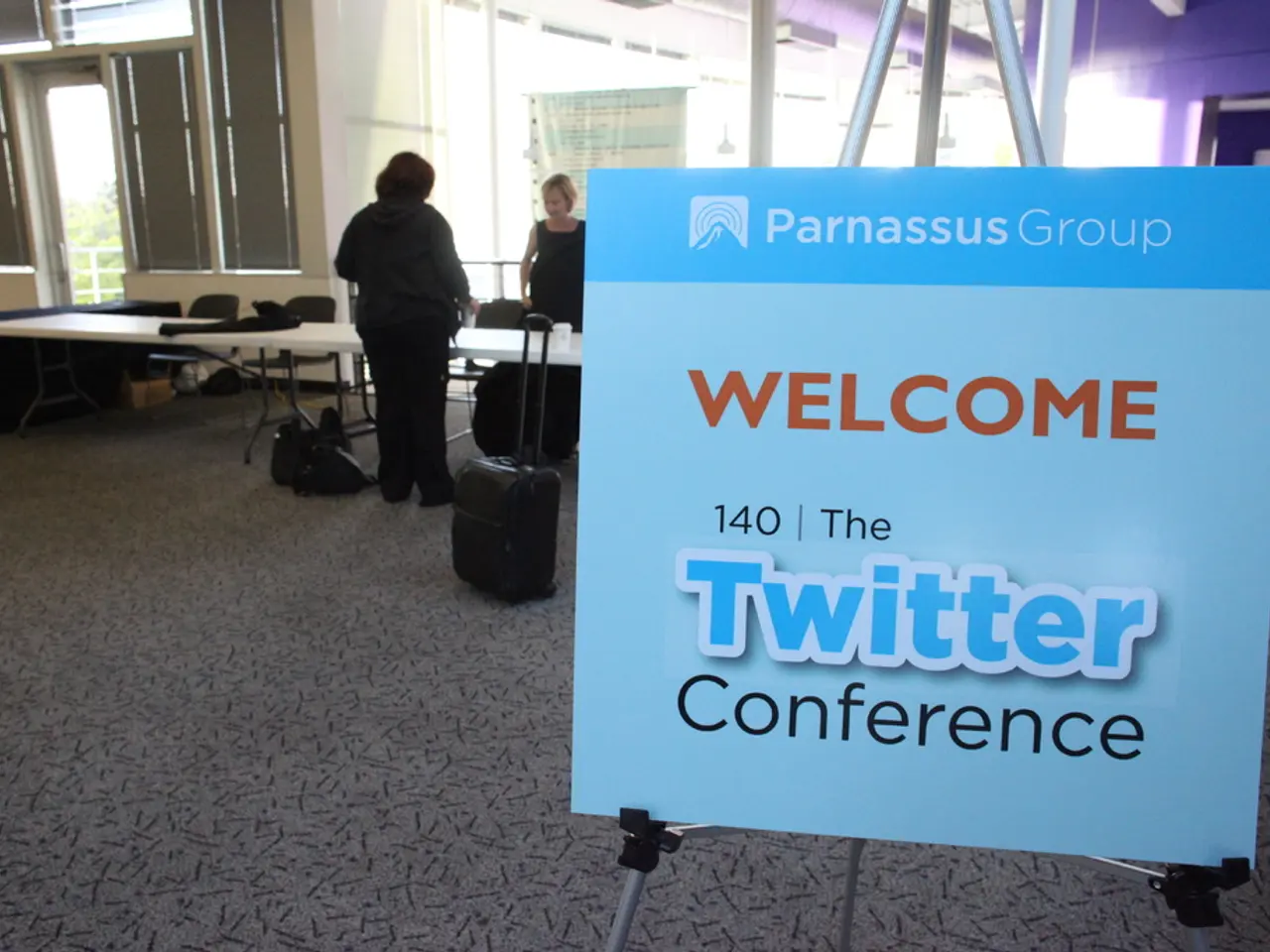Celebrating National Disability Independence Day: Pushing forEquitable Job and Life Prospects for All
In a world where everyone strives for connection, inclusion is more than just checking boxes. It's about building stronger bonds within families, workplaces, and communities. This is a message that Lauren Kim, an innovative marketing graduate and passionate writer, believes in wholeheartedly. She advocates for the power of intentional storytelling to make a difference.
National Disability Independence Day serves as a reminder that inclusion is an ongoing process, not a one-time event. It's about making small, consistent steps that open doors, break down stereotypes, and help create communities where everyone feels valued.
Giving in this way is transformative, creating a ripple effect that inspires others to join the journey toward equity and belonging. Each action counts in creating a more inclusive world, whether it's making events more inclusive, choosing representation in media, or helping kids learn the value of inclusive thinking.
But what about the everyday actions that go beyond formal policies? Here are some simple yet impactful practices that can help promote disability inclusion and accessibility:
- Listen without assumptions about others’ experiences and challenges. Not all disabilities are visible, so it's important to approach conversations with an open mind.
- Use mindful, respectful language that avoids labels or diminishing comments. Words have power, and using respectful language can help create a more inclusive environment.
- Make space for diverse working and communication styles. Appreciate that there is no single "right" way to contribute. Everyone has unique strengths, and valuing these differences can lead to a more productive and inclusive team.
- Respect personal boundaries and choices around disclosing disabilities or sharing details. Everyone has the right to privacy, and it's essential to respect this.
- Lead with curiosity, not judgment. Fostering an open, supportive attitude can help build understanding and empathy.
- Adopt accessible practices such as flexible work hours and quieter spaces. These benefits extend to everyone, making workplaces more comfortable and productive for all.
- Intervene as a bystander to address microaggressions and exclusionary behaviors. Speaking up when you see something wrong can help create a more inclusive environment.
- Create inclusive team rituals and interactions that do not assume specific holidays, cultural norms, or alcohol use. This helps ensure everyone feels included and valued.
- Share inclusive calendars marking pronouns, cultural holidays, and accessibility considerations. This helps honour diverse identities and fosters a more inclusive workplace.
- Engage in community storytelling to share personal experiences and build understanding. Sharing stories can help break down barriers and foster empathy.
These actions contribute to a culture of inclusion where accessibility is seen as ongoing and intersectional, not just compliance with checklists. They emphasize respect, flexibility, and active support in everyday interactions for genuine belonging and equitable participation. Let's all strive to make a difference, one small action at a time.
People can listen without assumptions to understand others' experiences and challenges, fostering a more inclusive environment. Community engagement through storytelling can help break down barriers and create a culture that values diversity. Giving respectful language and making space for diverse working styles can lead to a more productive workforce. Kindness and compassion, shown in small, consistent actions, can inspire others to join the journey towards equitable inclusion.
Inclusion is a process that extends beyond formal policies, touching education, mental health, social good, and personal growth. It's about changing the workplace, schools, and families into welcoming, inclusive spaces where everyone feels valued. By engaging in events promoting inclusion and accessibility, we can help create a global community that embraces differences and fosters empathy.
Furthermore, adopting accessible practices such as flexible work hours, quieter spaces, and inclusive calendars can make a significant impact in promoting disability inclusion. By respecting personal boundaries and choices, we acknowledge the importance of privacy and individuality. Leading with curiosity instead of judgment can help build understanding and foster an accepting community.
Finally, by intervening as a bystander, we can address microaggressions and exclusionary behaviors, reinforcing the importance of a culture that values inclusion. Let's work together to create a world where every person, regardless of their background, can grow, learn, and contribute to society, ensuring impactful, sustainable change for all. Education-and-self-development initiatives and personal-growth opportunities can empower individuals to make a difference in their communities, rising above stereotypes and prejudices to cultivate a more compassionate, equitable global environment.




